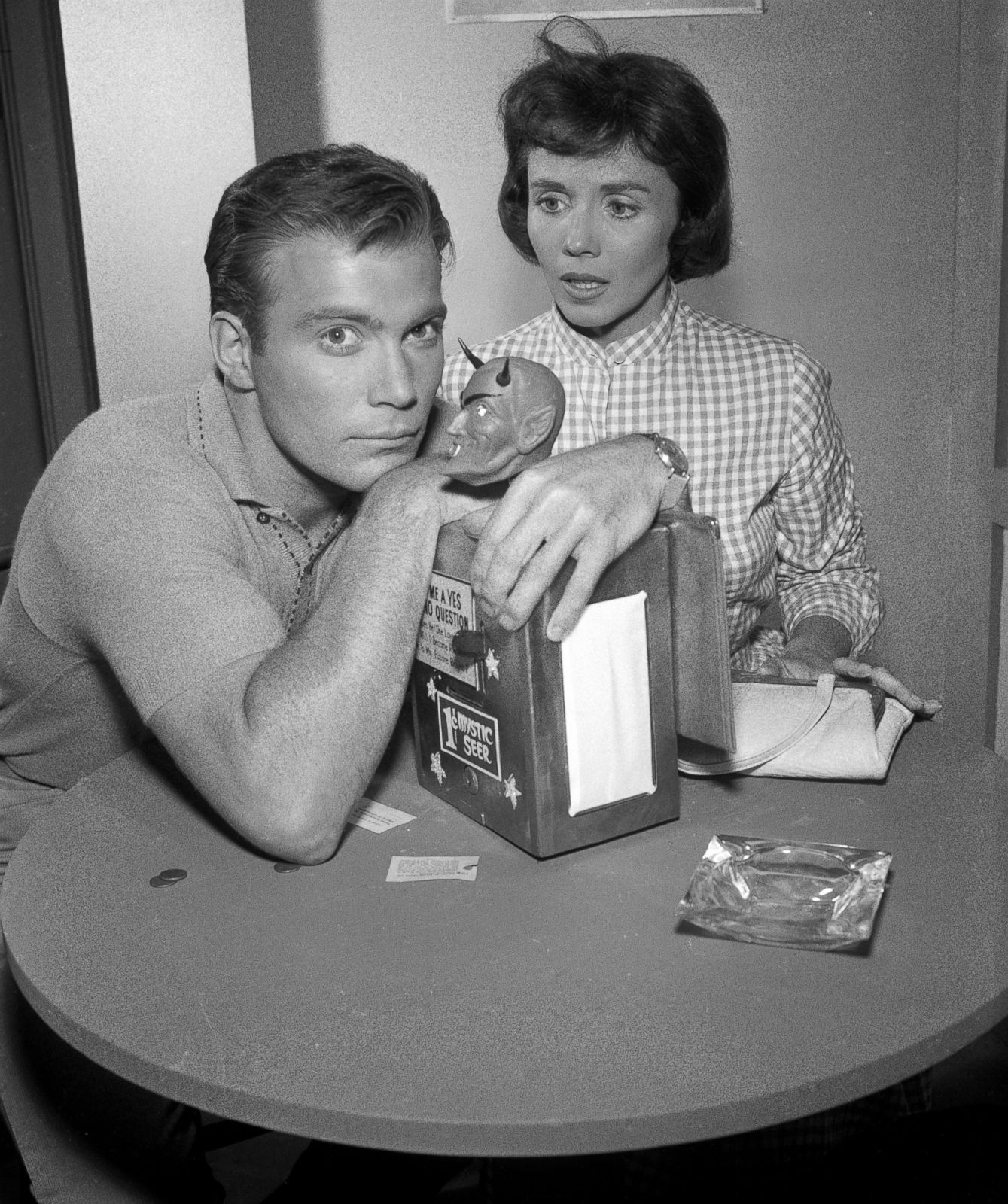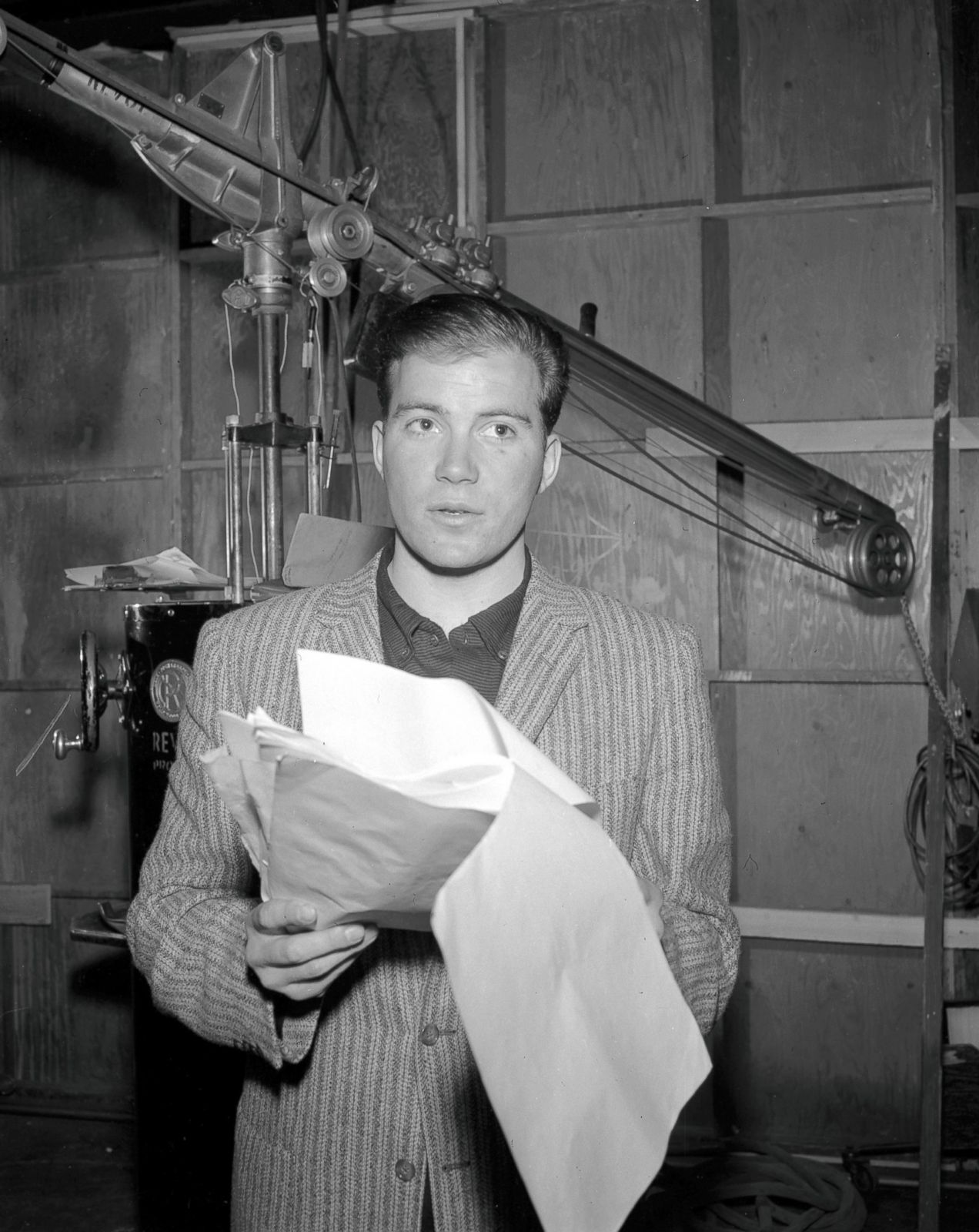When we think about public figures, it's pretty natural to wonder about their lives, what they do, and, well, how things have shaped up for them over time. Sometimes, you might find yourself curious about someone's standing, their place in the world, or what kind of influence they hold. It's a common human thing, really, to be interested in the stories of people who are often in the public eye, and what their journey has been like.
So, too it's almost, people often get curious about those who hold a special spot in the public mind. This kind of interest can stretch to all sorts of people, from actors and performers to figures who play a part in a nation's history. There's a natural pull to learn more about the folks we see and hear about, perhaps on the news or in stories. We just like to get a bit of a clearer picture of their path, you know, and how they fit into the bigger picture.
This interest, it's actually quite deep-seated, as a matter of fact. It's about more than just numbers or titles; it's about the person themselves, their background, and the path they've walked. We want to get a sense of their story, what makes them tick, and how their life has unfolded. It’s a way of connecting, sort of, with the human experience, seeing how different lives play out, and what that might mean for everyone else. This kind of curiosity, it truly helps us feel more connected to the broader world around us, in a way.
Table of Contents
- A Life of Service - Who is Prince William?
- Personal Details and Bio Data - Prince William
- What Does Being Heir Apparent Really Mean?
- How Did His Titles Change?
- What About His Family Life and Public Appearances?
- The Enduring Appeal of the Name William
- How Does His Age Compare to Others in Line?
- A Glimpse at Future Royal Duties
- William's Royal Designations
A Life of Service - Who is Prince William?
So, you know, William, the Prince of Wales, he came into the world on the twenty-first day of June, back in 1982. This happened, actually, in Paddington, which is a part of London, in England. He's the older boy of Charles the Third, who is the King, and Diana, who was the Princess of Wales. He's also the one who is set to take over the British throne, which is a very significant position, you know. He holds a place of considerable importance in the line of succession for the crown, as a matter of fact.
His full name, by the way, is William Arthur Philip Louis. This is the name he was given at birth, and it carries a bit of history with it, too it's almost. He is, simply put, the one who will one day become the king, following his father. This role means he has a particular path ahead of him, one that has been shaped by tradition and expectation. His birth, in a way, set him on a particular course within the royal household, a course that has been unfolding ever since that summer day in 1982.
Being the elder son of King Charles the Third and Diana, Princess of Wales, places him in a specific spot within the royal family. He has, in some respects, grown up with the public watching, seeing his life unfold from a very young age. This position, you know, as the one next in line, means a great deal for the future of the British monarchy. It means he has a significant role to play, and a lot of eyes are often on him, wondering about his steps and what comes next for him and for the institution he represents, basically.
Personal Details and Bio Data - Prince William
| Detail | Information |
|---|---|
| Full Name | William Arthur Philip Louis |
| Born | June 21, 1982 |
| Birthplace | Paddington, London, England |
| Parents | King Charles III and Diana, Princess of Wales |
| Spouse | Catherine, Princess of Wales (Kate Middleton) |
| Children | Three (Prince George, Princess Charlotte, Prince Louis) |
| Current Position | Heir Apparent to the British Throne |
| Titles (Current) | Prince of Wales, Duke of Cornwall, Duke of Cambridge |
| Military Service | Yes, served in the armed forces |
What Does Being Heir Apparent Really Mean?
Being the heir apparent to the British throne means that William, Prince of Wales, is the individual who is currently in line to become the next monarch. This is a pretty big deal, as I was saying, because it means he is expected to take on the role of king when the time comes. This position carries a lot of weight, you know, and it means he's being prepared for a life of service and leadership for the entire country. His path is, in a way, already set out for him, and it's a path that has been followed by many before him.
The phrase "heir apparent" means that his claim to the throne cannot be moved aside by the birth of another individual. He is, to be honest, the clear successor. This is different from an "heir presumptive," whose claim could be changed if someone else with a stronger claim were to be born. So, for William, his spot in the line of succession is fixed. It's a role that comes with a lot of responsibility, and he's been living with that understanding for his entire life, basically.
As the future king, the text suggests he holds the destiny of many in his hands. This means he will have a considerable impact on the course of the monarchy and, by extension, the country. He will be faced with important choices and will need to guide the royal family through various times. This sense of holding destiny is, you know, a way of saying he has a significant influence on what happens next for the institution and the people it serves. It's a heavy responsibility, and one that he has been preparing for, in some respects, since his earliest days.
How Did His Titles Change?
Upon the passing of his grandmother, Queen Elizabeth the Second, and the start of his father's time as King Charles the Third, William saw a shift in his own standing. He became, you know, the Duke of Cornwall, which is a traditional title for the heir to the throne. And, perhaps more notably, he was given the new title of Prince of Wales. This is a very significant change, as a matter of fact, because it formally recognizes his place as the next in line to wear the crown.
This transition of titles is a customary step when a new monarch takes their place. It signifies that the individual is now clearly the successor, and it brings with it a whole new set of duties and expectations. The role of Prince of Wales is, in a way, a training ground for the future king. It allows him to take on more responsibilities and become even more involved in the workings of the monarchy. It's a very clear signal to the public about who will eventually lead the royal family, you know.
The Duke of Cornwall title, too it's almost, comes with certain lands and income, which are meant to support the heir to the throne. So, it's not just a fancy name; it also has a practical side to it. These changes happened pretty quickly after the Queen's passing, showing how tradition moves forward in the royal family. It was a moment of significant change for William, marking a new phase in his public life and his journey towards the throne, basically. He has, in a way, stepped into a much more prominent role.
What About His Family Life and Public Appearances?
Prince William, as the text mentions, has a wife named Kate Middleton. She is, of course, the Princess of Wales alongside him. They also have children, though the text doesn't list their names or how many there are. Their family life is, you know, often a topic of public interest, and they are seen as a modern royal couple who are raising their family while also carrying out their duties. They seem to balance these roles, in a way, with a good deal of grace and dedication, too it's almost.
The text points out that Prince William has gone back to his royal duties for the first time since his father, King Charles the Third, shared news about his cancer diagnosis. This shows, you know, his commitment to his role even during difficult personal times for his family. It also mentions that his wife, Kate, had been in the hospital for a stomach operation. These moments highlight the personal challenges that even public figures face, and how they continue with their responsibilities despite them, actually.
His return to public engagements after these family events speaks volumes about his dedication. It shows that he is, in some respects, ready to step up and support the monarchy, especially when other members of the family might be unwell. It's a clear sign of his commitment to his future role and his willingness to carry out his duties. This kind of public presence, you know, is a big part of what it means to be a working member of the royal family, and he seems to take it very seriously, basically.
The Enduring Appeal of the Name William
The name William, as the text tells us, is a classic that has English roots and goes back almost a thousand years. It's still a popular name today, which is quite something, you know. This name was pretty common among the Normans, who were a group of people from Normandy in France. And it became incredibly well-known in England after William the Conqueror was recognized as the first Norman king of England. This happened, as a matter of fact, way back in the year 1066.
The lasting popularity of the name shows how some names just stick around through the ages. It has a sort of timeless quality to it, basically. The fact that it was so important after William the Conqueror's time meant it became deeply woven into the fabric of English history. People kept using it, generation after generation, and it continues to be a favorite for many parents even now. It's a name that carries a sense of strength and tradition, you know, which might be why it has such enduring appeal, too it's almost.
So, the name William, it's not just a simple label; it's a piece of history itself. It connects the current Prince William to a long line of individuals, including a very significant king who changed the course of England. This historical connection, in a way, gives the name an added layer of meaning. It’s a name that has been passed down, carrying with it a sense of heritage and continuity, and it’s still very much a part of our modern world, actually.
How Does His Age Compare to Others in Line?
Prince William is the first in line to the royal throne, and he's taking on this role at a younger age than his father did. The text points out that his father, King Charles, became the monarch when he was 73 years old. This means William is stepping into this prominent position, you know, with more years ahead of him to shape his reign and carry out his duties. It's a significant difference in timing, actually, and it could mean a longer period as king for William, in some respects.
The age at which a person becomes monarch can certainly affect how their time on the throne plays out. Being younger might mean more energy for public engagements, more time to implement long-term visions, and a chance to connect with different generations. It's a different kind of start, basically, compared to someone who takes on the role later in life. This difference in age, you know, is something that people often consider when looking at the future of the monarchy, too it's almost.
So, William's relatively younger age when becoming the Prince of Wales, and eventually king, sets him apart from his father's experience. It gives him a distinct position and perhaps a different perspective on the challenges and opportunities that lie ahead. It's a point of interest, really, for those who follow the royal family, as it suggests a particular trajectory for his time as the head of state, you know, whenever that day arrives. He has, in a way, been preparing for this for a very long time.
A Glimpse at Future Royal Duties
The text suggests that Prince William will face some difficult decisions when he eventually becomes king. Royal watchers are predicting a pretty big change to his inner circle, too it's almost. This means that the people he relies on for advice and support might be different once he takes on the top job. It's a natural part of stepping into such a significant leadership role, you know, that you might want to surround yourself with those who can best help you carry out your vision for the future.
As the current Prince of Wales, he is already getting a lot of experience for what's to come. This period is, in a way, a chance for him to learn the ropes and prepare for the immense responsibilities of being the monarch. The idea of changing his inner circle suggests that he might bring in new perspectives or adjust his team to fit the demands of his reign. It's a practical step for someone taking on such a demanding position, actually, and one that many leaders make.
Newsweek, for example, apparently looked at ten facts about Britain's future king as he celebrated his 42nd birthday. This kind of information gives us a glimpse into his life and what might be important for him as he moves forward. It highlights the public's ongoing interest in his journey and the expectations that come with his role. These facts, you know, often paint a picture of the person behind the title, and what kind of king he might be, in some respects.
William's Royal Designations
William, Prince of Wales, holds several formal designations that show his standing and the honors he has received. These include KG, KT, GCB, PC, and ADC. These letters, you know, stand for different orders of chivalry, privy council memberships, and military appointments. They are official recognitions of his service and his place within the British system. It's a way of formally acknowledging his contributions and his position, as a matter of fact, within the royal family and the country.
The KG, for instance, means he is a Knight of the Garter, which is the oldest and most senior order of chivalry in Britain. The KT means he is a Knight of the Thistle, which is Scotland's highest honor. The GCB stands for Knight Grand Cross of the Order of the Bath, another very high honor. Being a PC means he is a member of the Privy Council, which advises the monarch. And ADC means he is an Aide-de-Camp to the King, a personal military assistant, too it's almost.
The text also mentions that Prince William has four names in full, which were given to him in tribute. This is, you know, a common practice within the royal family, where names are often chosen to honor previous family members or significant figures. His full name, William Arthur Philip Louis, carries these tributes within it. It’s a way of connecting him to his heritage and the history of the monarchy, basically, right from his birth. These designations and names all play a part in defining his identity and his role.
- Just Blow Little Rock Ar
- Henry Nixon Actor
- Umich Complex Systems
- Tyler And Kay Temptation Island
- Is Mckinley Freeman Married


